
Nose Picking What This Taboo Habit Really Reveals About Us

Imagine you’re riding the metro or waiting at the dentist’s office. Across the aisle, someone casually starts picking their nose—completely unapologetic. Instantly, a wave of discomfort washes over the room. But why does this act feel so universally cringeworthy, even though it’s something almost everyone has done at some point?
According to psychologist Alain Foucard, the unease isn't only about hygiene or manners. This seemingly trivial behavior may offer a surprising glimpse into the complexity of human psychology, culture, and even emotional well-being.
A Simple Reflex? Not Quite.
At first glance, nose-picking appears to be just another biological reflex—like scratching a bug bite or readjusting your glasses. We all experience nasal discomfort from time to time, especially during allergy season or in dry environments. So why the harsh judgment when it happens in public?
The answer lies largely in cultural conditioning. In most modern societies, nose-picking is considered a private act—something done discreetly, ideally when no one is watching. Performing it in public breaks invisible social contracts that prioritize politeness and self-restraint.
Yet, the context matters. In some cultures, nose-picking is seen as a practical, utilitarian behavior rather than a social offense. What feels shameful in one country may be seen as neutral or even acceptable in another. Social rules, after all, are deeply rooted in shared perceptions, not biological necessity.
More Than a Habit: A Psychological Coping Mechanism
What looks like a simple, unconscious gesture may actually serve as a subtle stress response. Much like nail-biting, lip-chewing, or hair-twirling, nose-picking can become a self-soothing mechanism in moments of emotional tension or boredom.
When the brain is overwhelmed, it often seeks out repetitive, automatic actions to create a sense of control or familiarity. These behaviors are called body-focused repetitive behaviors (BFRBs), and they can be a way of regulating anxiety without us even realizing it.
It’s not always about removing nasal debris—it may be more about calming the nervous system, anchoring the mind, or channeling nervous energy into something predictable and physical.
Impulsivity and the Slippery Slope of Self-Control
There’s also an impulsive dimension at play. Public nose-picking can sometimes reflect a fleeting lapse in self-regulation—a moment when the brain’s desire for immediate relief overrides social decorum.
People with heightened impulsivity, such as those with ADHD or those experiencing chronic stress or fatigue, are more likely to engage in behaviors without fully thinking them through. These lapses aren’t necessarily intentional, but they can still result in post-action embarrassment or social consequences.
It’s a reminder that many social missteps aren’t signs of rebellion or disrespect—they’re often just lapses in executive function.
A Quiet Bid for Attention?
Surprisingly, some psychologists suggest that public nose-picking might, in rare cases, function as an unconscious bid for attention. In a world where people often feel invisible, even a negative reaction from others can feel more validating than no reaction at all.
This isn’t to say that every nose-picker is secretly craving the spotlight. But it raises an interesting idea: that seemingly inappropriate behavior may sometimes reflect deeper emotional needs—like the need to be seen, acknowledged, or emotionally soothed.
Childhood Habits That Stick
Many of our adult behaviors are echoes of childhood routines—especially if they were never corrected or challenged. Nose-picking, if tolerated or ignored during childhood, may carry over into adult life as a harmless or unconscious action.
It’s the same reason some people slurp their soup, interrupt conversations, or fail to say “please” and “thank you.” Social etiquette is learned, not instinctive. If it wasn’t modeled or reinforced early, it might never fully develop.
A Matter of Social Awareness
In some cases, public nose-picking is simply a sign of limited social awareness. Etiquette is not innate—it’s absorbed through culture, education, and observation. When someone violates these social norms, it doesn’t always signal rebellion. Sometimes, it just means they haven’t been given the tools to navigate the unwritten rules of social conduct.
Neurological conditions such as autism spectrum disorder, for instance, can affect how individuals interpret or prioritize social cues, making them more prone to behaviors others might find awkward or inappropriate.
Final Thoughts: More Than Meets the Nose
To most people, nose-picking in public is little more than a gross annoyance. But beneath this mundane habit lies a complex web of psychological impulses, emotional needs, and cultural expectations.
It could be a nervous habit. A lapse in self-awareness. A cry for attention. Or simply the continuation of an unexamined childhood behavior. Whatever the reason, it’s a reminder that even the smallest actions can carry meaning.
So, the next time you find yourself cringing at someone across the room, try trading judgment for curiosity. Behind that uncomfortable gesture might be a whole inner world—quietly asking to be understood.
News in the same category


Cervical Cancer: 5 Things to Know

Gut-Brain Disorders Surge After Pandemic

10 Early Signs of Pancreatic Cancer

Common Diabetes Drug Metformin Linked to Vitamin B12 Deficiency

Top 5 Foods that cause Gut Inflammation – Avoid!

A 30-Year-Old Man’s Sore Throat Turned into Cancer After 5 Rounds of Chemotherapy — Doctor Urges: Throw These 3 Things Out of Your Fridge Immediately
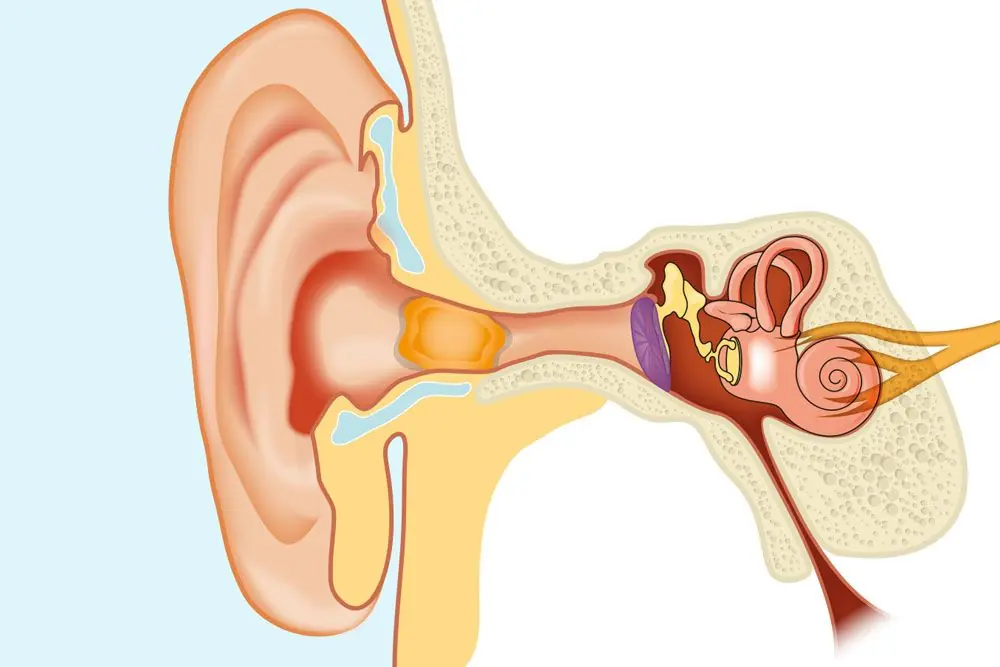
The Most Effective Ways to Naturally Get Rid of Clogged Ears

3 Early Signs of Stomach Cancer Everyone Should Know Before It Spreads

Life-Saving Tips for Lowering Stroke Risk & Early Signs of Stroke

Stroke Is Striking Younger People: 30 Seconds of Awareness Can Save a Life

How to Use Rice Water for Gorgeous Hair and Skin

Menopause Symptoms That May Surprise You
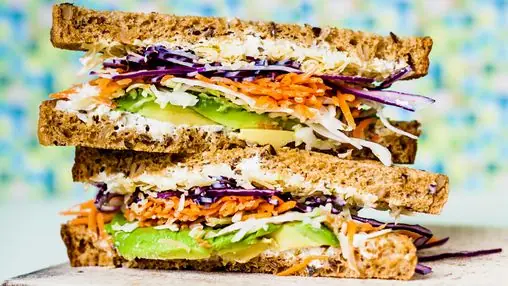
10 Healthy Sandwich Dos and Don’ts

Medicinal Health Benefits of Garlic (Raw, Supplement) – Science Based

Why You Should Wash Your Face With Apple Cider Vinegar

If Your Feet Swell It Is a Clear Sign
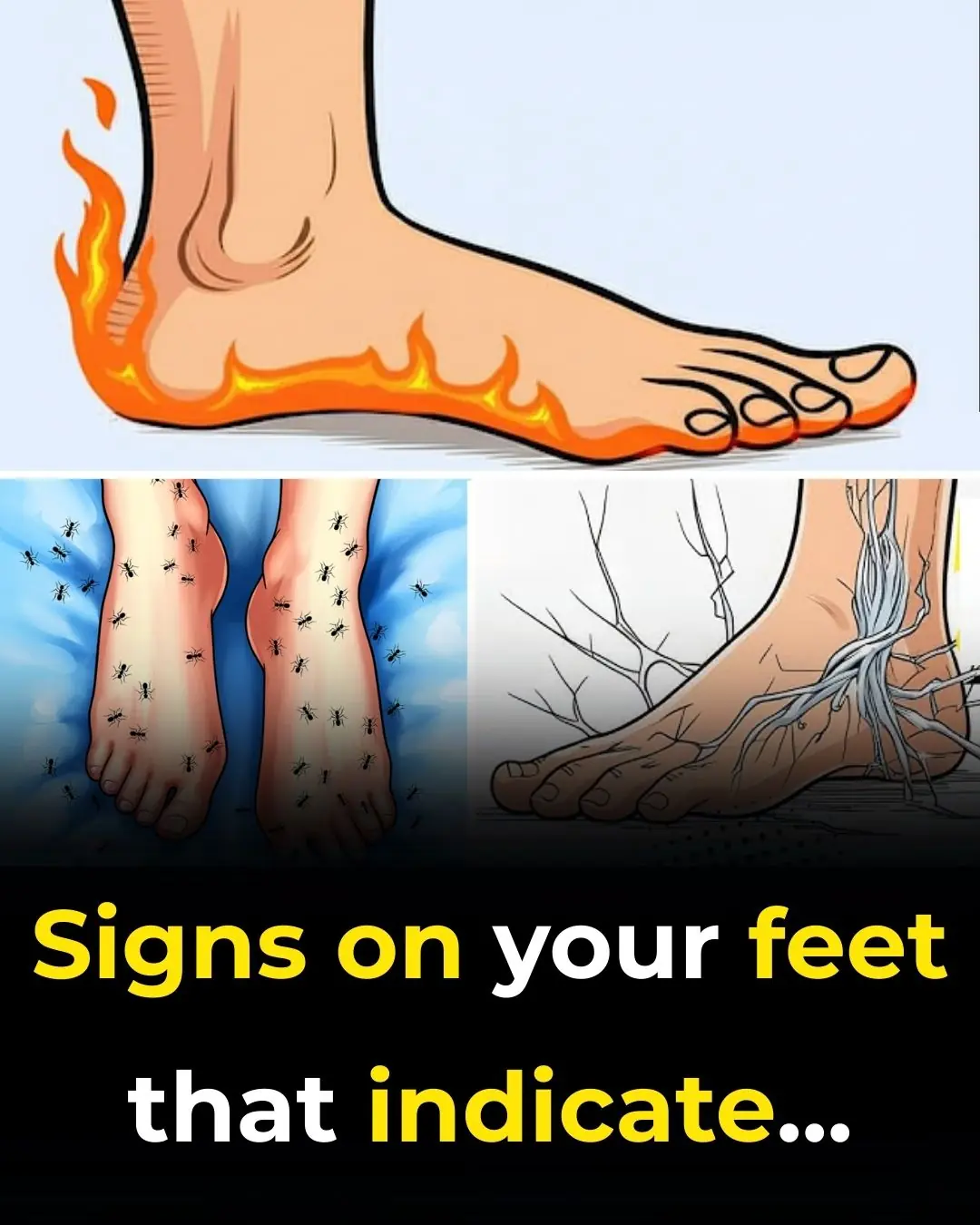
What Your Feet Are Telling You
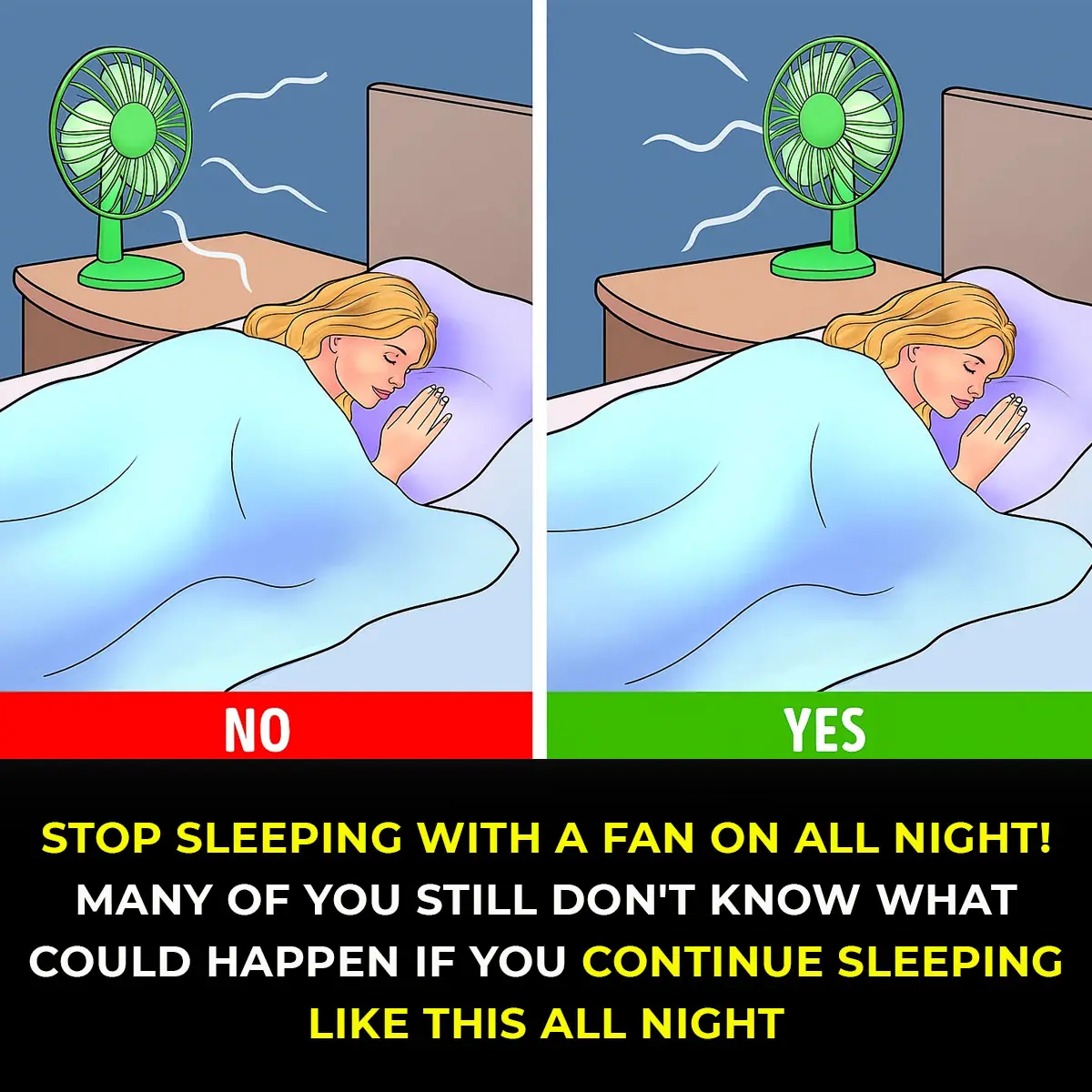
6 Health Benefits of Sleeping In a Cold Room and How to Make it Cooler- And Why You May Not Want to Use a Fan
News Post

Grok brutally calls Elon Musk a 'hypocrite' after ChatGPT CEO goes to war with Tesla billionaire

Police recover $30,000 worth of stolen Labubus from California home in bizarre heist
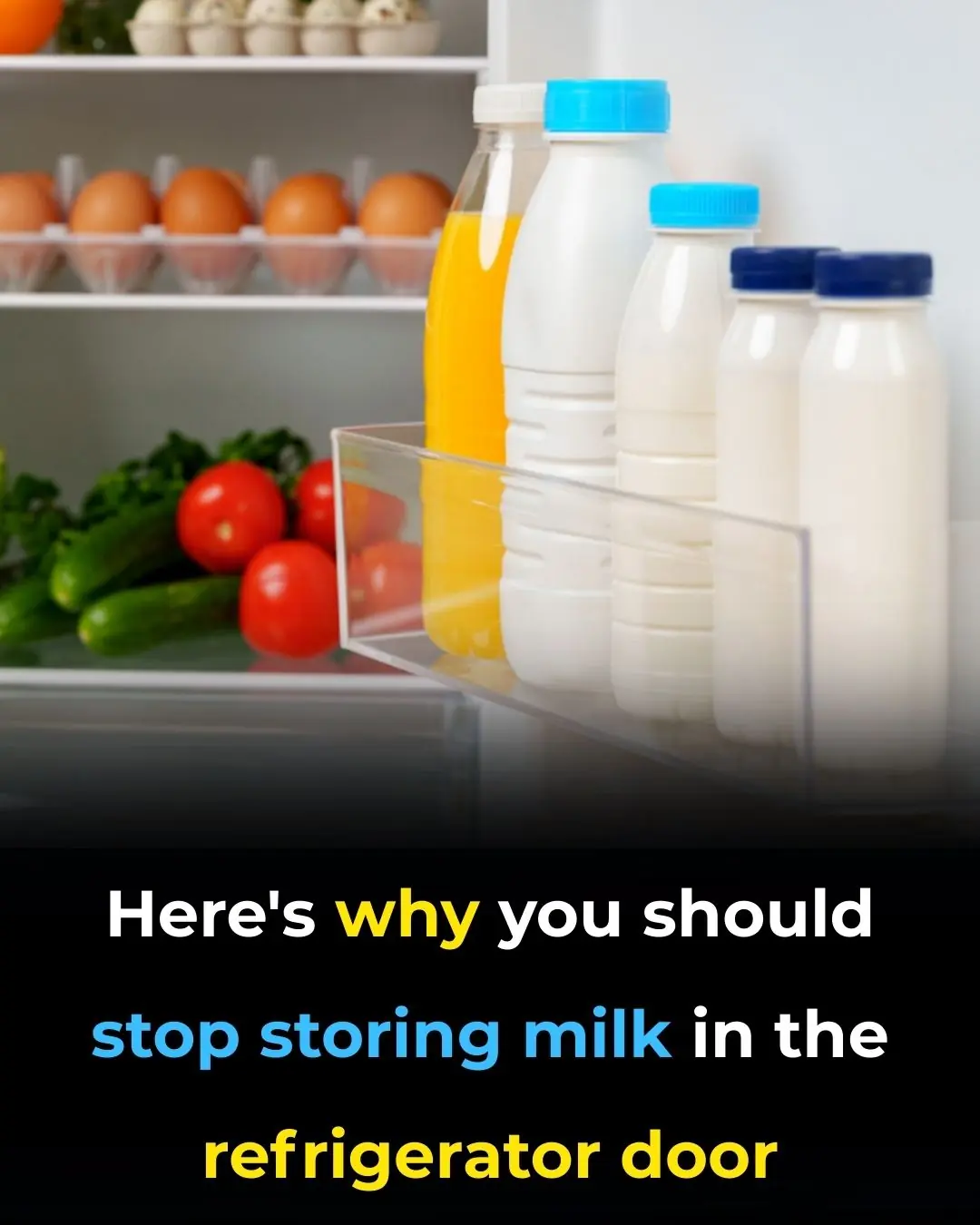
Here’s Why You Should Stop Storing Milk in the Refrigerator Door

Reasons Why Dogs Smell Your Crotch

Heart Attack How to React in the Moment

Cervical Cancer: 5 Things to Know

Gut-Brain Disorders Surge After Pandemic
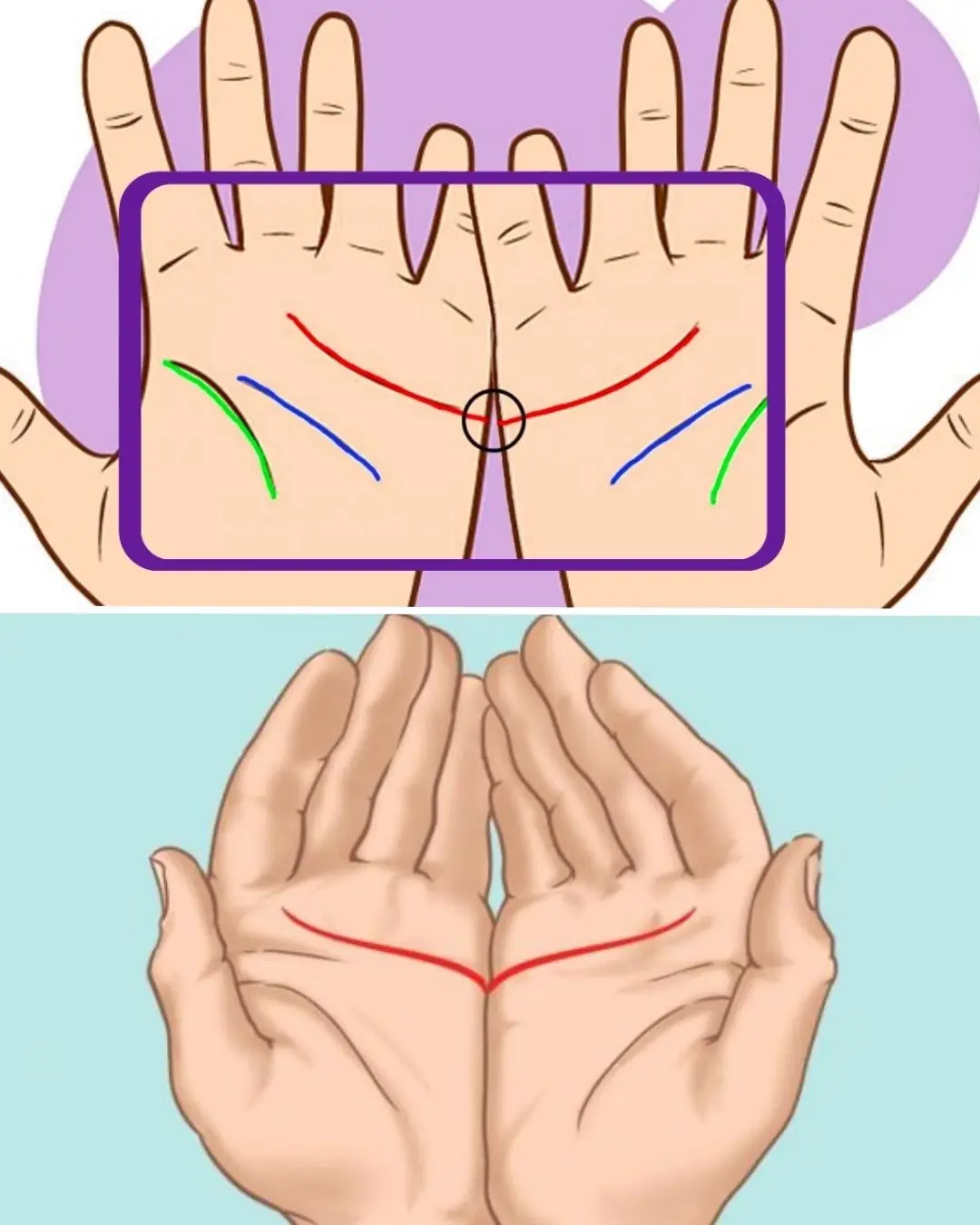
What Your Palm Lines Say About Love and Marriage

10 Early Signs of Pancreatic Cancer

Common Diabetes Drug Metformin Linked to Vitamin B12 Deficiency

Top 5 Foods that cause Gut Inflammation – Avoid!

A 30-Year-Old Man’s Sore Throat Turned into Cancer After 5 Rounds of Chemotherapy — Doctor Urges: Throw These 3 Things Out of Your Fridge Immediately

The Most Effective Ways to Naturally Get Rid of Clogged Ears

3 Early Signs of Stomach Cancer Everyone Should Know Before It Spreads

Life-Saving Tips for Lowering Stroke Risk & Early Signs of Stroke

Stroke Is Striking Younger People: 30 Seconds of Awareness Can Save a Life

How to Use Rice Water for Gorgeous Hair and Skin

Menopause Symptoms That May Surprise You
